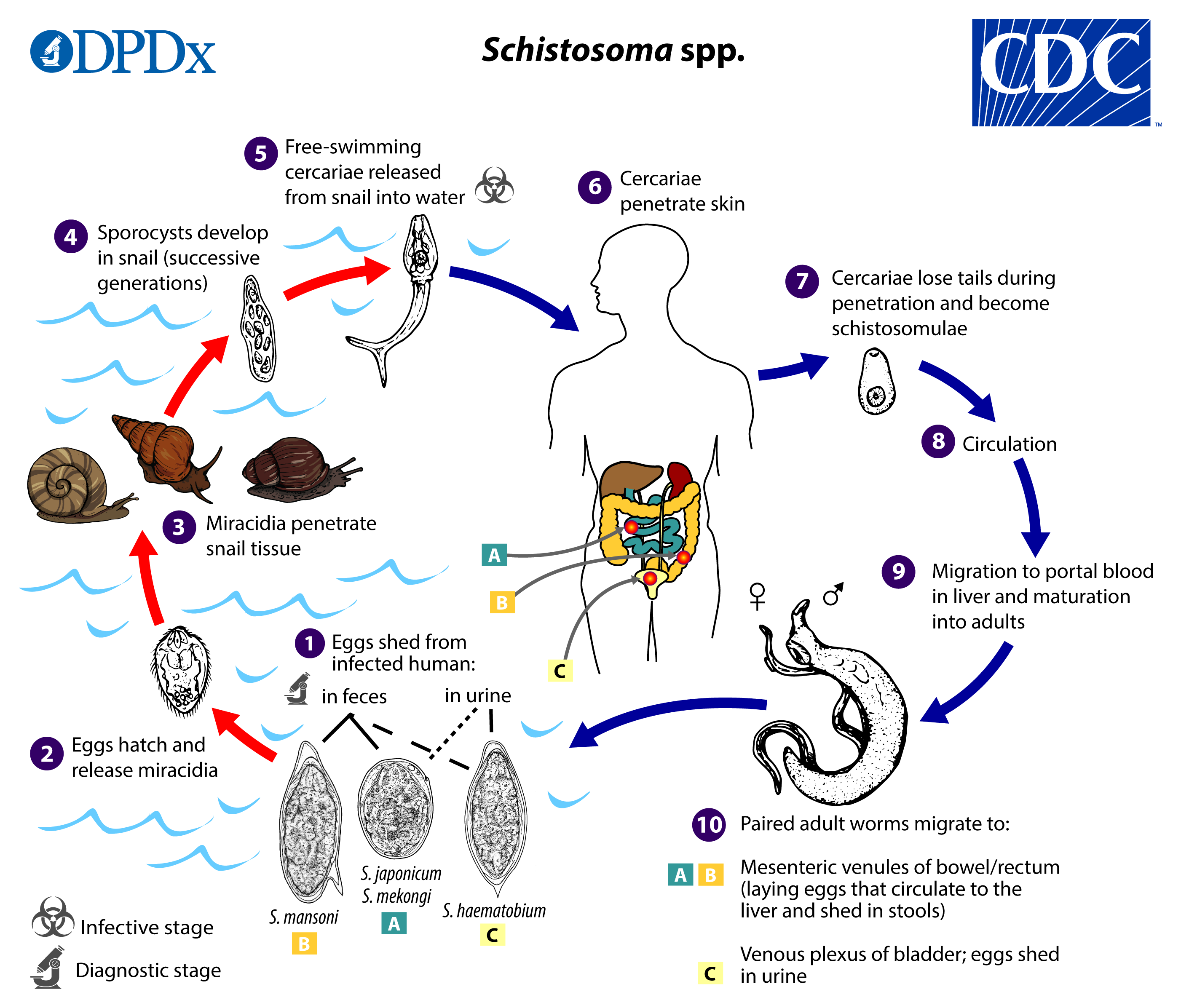|
Francisca Mutapi
Francisca Mutapi is a Professor in Global Health Infection and Immunity, co-Director of the Global Health Academy at the University of Edinburgh, and Deputy Director of the National Institute for Health Research (NIHR) Global Health Research Unit Tackling Infections to Benefit Africa. She is the first black woman known to have been awarded a professorship by the University of Edinburgh. Early life and education Mutapi was born in and grew up in Zimbabwe. She gained her undergraduate degree in Biological Sciences in 1991 from the University of Zimbabwe, winning the BSc programs student award and the best BSc Honours student award in Biological Sciences. She gained a DPhil in Biological Sciences at the University of Oxford, as a Beit Trust Scholar. She is an alumnus of Linacre College, Oxford. Career After completing her PhD, Mutapi's postdoctoral training was at the Institute of Tropical Medicine Antwerp from 1997 to 1999. She went on to lectureships at St Hilda's College, ... [...More Info...] [...Related Items...] OR: [Wikipedia] [Google] [Baidu] |
University Of Zimbabwe
The University of Zimbabwe (UZ) is a public university in Harare, Zimbabwe. It opened in 1952 as the University College of Rhodesia and Nyasaland, and was initially affiliated with the University of London. It was later renamed the University of Rhodesia, and adopted its present name upon Zimbabwe's independence in 1980. UZ is the oldest and best ranked university in Zimbabwe. The university has eleven faculties and one college (with faculties of Agriculture, Arts, Commerce, Education, Engineering, Law, Science, Social Studies, Veterinary Sciences and the College of Health Sciences) offering a wide variety of degree programmes and many specialist research centres and institutes. The university is accredited through the National Council for Higher Education, under the Ministry of Higher and Tertiary Education. English is the language of instruction. Although once a very successful university, UZ has been facing challenges since 2008 and now the university is on a rebounding driv ... [...More Info...] [...Related Items...] OR: [Wikipedia] [Google] [Baidu] |
Schistosomiasis
Schistosomiasis, also known as snail fever, bilharzia, and Katayama fever, is a disease caused by parasitic flatworms called schistosomes. The urinary tract or the intestines may be infected. Symptoms include abdominal pain, diarrhea, bloody stool, or blood in the urine. Those who have been infected for a long time may experience liver damage, kidney failure, infertility, or bladder cancer. In children, it may cause poor growth and learning difficulty. The disease is spread by contact with fresh water contaminated with the parasites. These parasites are released from infected freshwater snails. The disease is especially common among children in developing countries, as they are more likely to play in contaminated water. Other high-risk groups include farmers, fishermen, and people using unclean water during daily living. It belongs to the group of helminth infections. Diagnosis is by finding eggs of the parasite in a person's urine or stool. It can also be confirmed by fi ... [...More Info...] [...Related Items...] OR: [Wikipedia] [Google] [Baidu] |
Proteomics
Proteomics is the large-scale study of proteins. Proteins are vital parts of living organisms, with many functions such as the formation of structural fibers of muscle tissue, enzymatic digestion of food, or synthesis and replication of DNA. In addition, other kinds of proteins include antibodies that protect an organism from infection, and hormones that send important signals throughout the body. The proteome is the entire set of proteins produced or modified by an organism or system. Proteomics enables the identification of ever-increasing numbers of proteins. This varies with time and distinct requirements, or stresses, that a cell or organism undergoes. Proteomics is an interdisciplinary domain that has benefited greatly from the genetic information of various genome projects, including the Human Genome Project. It covers the exploration of proteomes from the overall level of protein composition, structure, and activity, and is an important component of functional genomics. ... [...More Info...] [...Related Items...] OR: [Wikipedia] [Google] [Baidu] |
Schistosimasis
Schistosomiasis, also known as snail fever, bilharzia, and Katayama fever, is a disease caused by parasitic flatworms called schistosomes. The urinary tract or the intestines may be infected. Symptoms include abdominal pain, diarrhea, bloody stool, or blood in the urine. Those who have been infected for a long time may experience liver damage, kidney failure, infertility, or bladder cancer. In children, it may cause poor growth and learning difficulty. The disease is spread by contact with fresh water contaminated with the parasites. These parasites are released from infected freshwater snails. The disease is especially common among children in developing countries, as they are more likely to play in contaminated water. Other high-risk groups include farmers, fishermen, and people using unclean water during daily living. It belongs to the group of helminth infections. Diagnosis is by finding eggs of the parasite in a person's urine or stool. It can also be confirmed by f ... [...More Info...] [...Related Items...] OR: [Wikipedia] [Google] [Baidu] |



.jpg)
